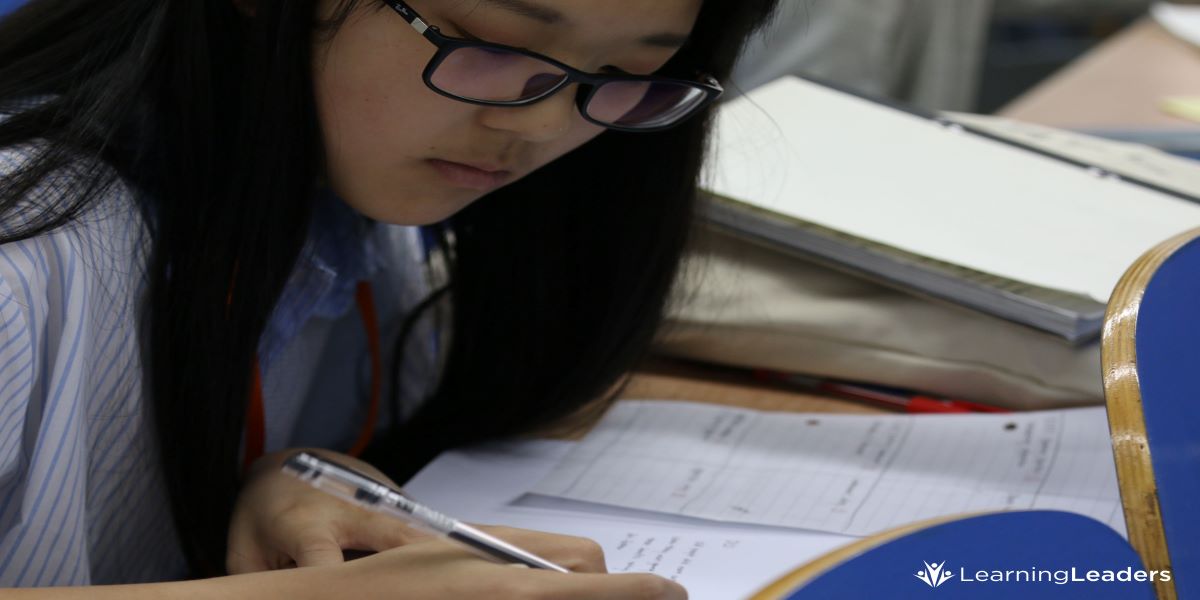What is Policy Debate?
-1.png)

Rules and format of Policy Debate
Have you ever found yourself fascinated by the conversations around debating topics that rely on evidence and persuasion? If yes, then policy debate is the activity for you! Policy Debate is an exciting interscholastic speaking activity that allows students to hone skills in persuasive argumentation. Being familiar with the rules and format of Policy Debate is essential to mastering this competitive activity. This blog post will provide an overview of the structure, formatting, and rules utilized during a policy debate round.
What is Policy Debate and why is it important for students to know about it
Policy debate is a highly structured form of competitive debate that allows individuals to analyze and discuss various policy issues. Mostly practiced at US High School and collegiate level, it can also be found in different forms in some other countries such as Japan or China. Policy debates require participants to research, study, and formulate arguments based on various policy topics, developing essential critical thinking, research, and analytical skills necessary for a successful professional career. Additionally, policy debate encourages students to become better communicators, stand up for their beliefs, and convey their ideas logically and thoughtfully. Therefore, it is crucial for students to be aware of policy debate, as it equips them with the necessary skills to become active participants in public discourse and help shape policy decisions.
Overview of Rules and Format in Policy Debate
In the world of policy debate, rules and format are essential components that participants must adhere to. The process involves teams debating a specific topic, presenting arguments, and addressing counter-arguments. The debate is heavily structured and involves specific time limits for arguments, cross-examination, and rebuttals. The resolution or topic for debate is also predetermined and announced before the actual competition begins. In policy debate, evidence plays a crucial role, and participants are expected to provide proof to support their arguments. Overall, policy debate demands a high level of preparation and strategic thinking, making it an exciting and challenging competition for those who participate.
1. Speech Time limits in policy debateIn policy debate, the time allotted for each speaker is one of the most critical aspects. According to standard rules, there are two speakers in each team, and each speaker has eight minutes to present their arguments in a constructive speech. After each constructive speech, there will be a short cross examination period from an opponent, before the other team get the chance to speak and in turn be cross examined by you. Once every speaker has given their constructive speech, there is another round of speeches known as rebuttal speeches, five minutes in length, in which each speaker will focus on engaging with the opponent's arguments.
It is crucial for debaters to use their designated time effectively, as it sets the pace for the entire debate. Going over the assigned time or underutilizing the time given can have repercussions on the overall outcome.
2. Arguments in policy debatePolicy debate is a rigorous and intellectually stimulating activity that challenges participants to engage in critical thinking and analysis. In a policy debate, arguments are not only allowed but encouraged, as they serve as the backbone of the discussion. The debate is an opportunity for individuals to demonstrate their ability to present a strong argument supported by well-researched facts and information. It's often said that policy debate is not just about winning; it's about convincing your opponent and the judges that your viewpoint is the most logical and well-supported. While the format can be intense and challenging, it's also an incredibly rewarding experience that helps build valuable skills in communication, research, and persuasion.
3. Research in competitive policy debateResearch in competitive policy debate is a crucial aspect of the process, because the same topic is used for tournaments throughout the whole academic year. Therefore, debaters must conduct extensive research to locate and analyze the evidence they will require not just to support their arguments but also to be prepared for a range of possible cases from opponents. They must also read widely and gain a comprehensive understanding of the subject matter, including the nuances and complexities of the issue. Lastly, policy debaters need to be extremely well organised, as the process of "cutting cards" and creating evidence is useless if they cannot quickly and efficiently locate that evidence in a debate when needed. In the end, research is an essential component of competitive policy debate and contributes to the major time commitment that policy debate represents.
Tips for Preparing for a Policy Debate Tournament
As policy debate tournaments draw near, it is crucial to prepare yourself thoroughly to ensure a successful outcome. Learning the rules, its format and preparing ahead of time can help any debater get the most out of their tournament experience. It is highly recommended to familiarize oneself with both affirmative and negative cases related to the current resolution in order to enhance the effectiveness of arguments used during competitive rounds. While competing in tournaments often involves researching endlessly, it also provides an incredible opportunity for growth and learning. With proper preparation and knowledge comes confidence, so feel encouraged to start debating soon!

